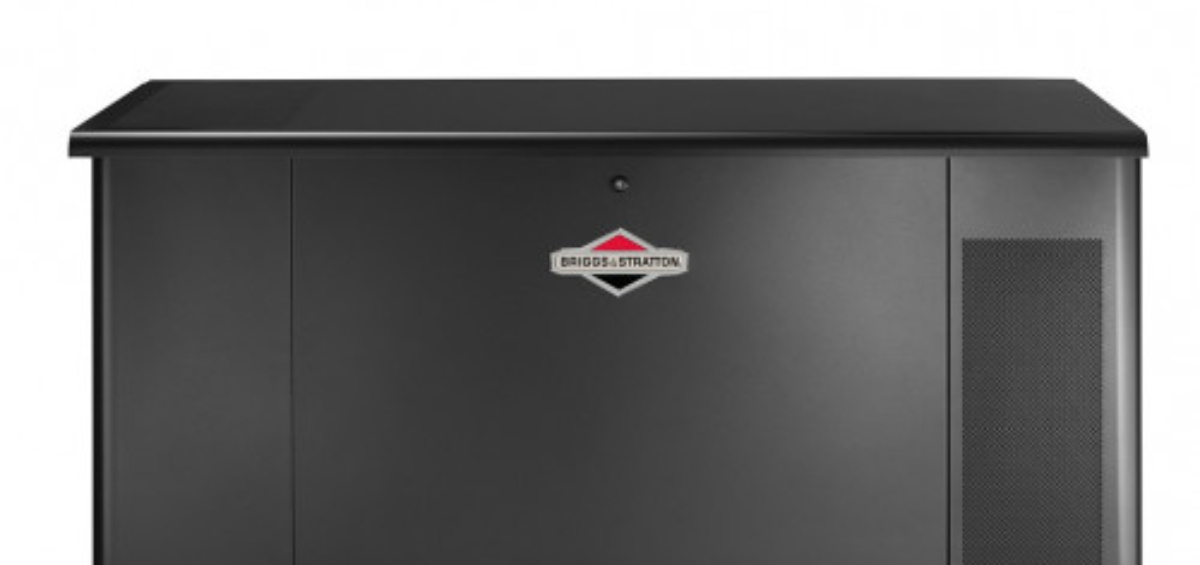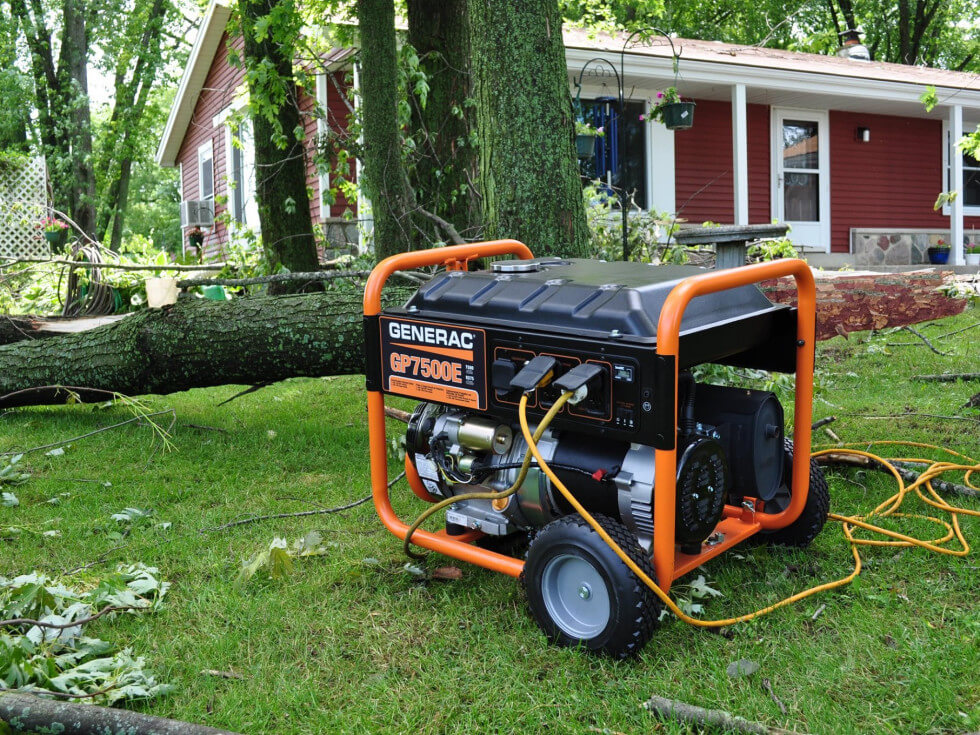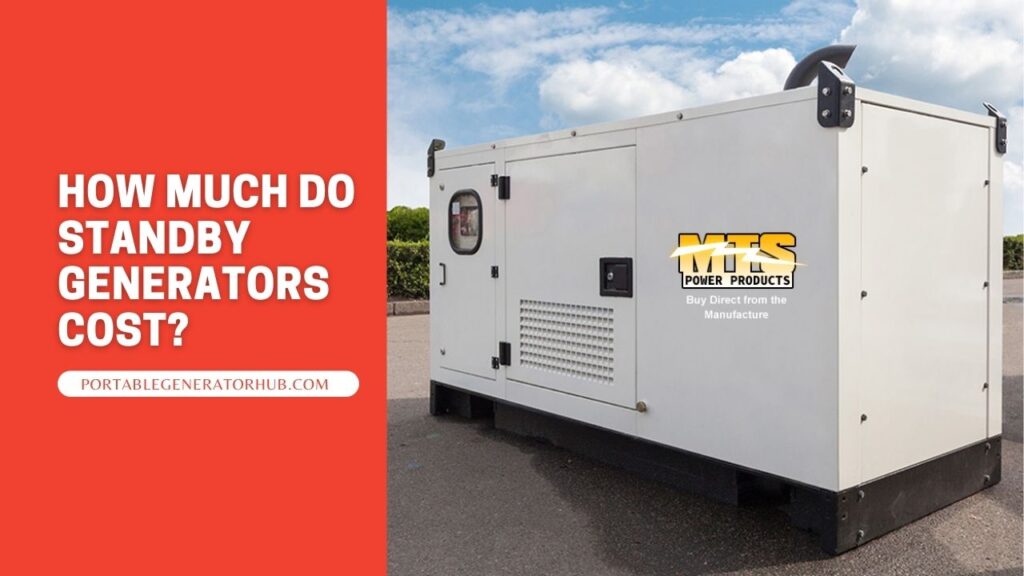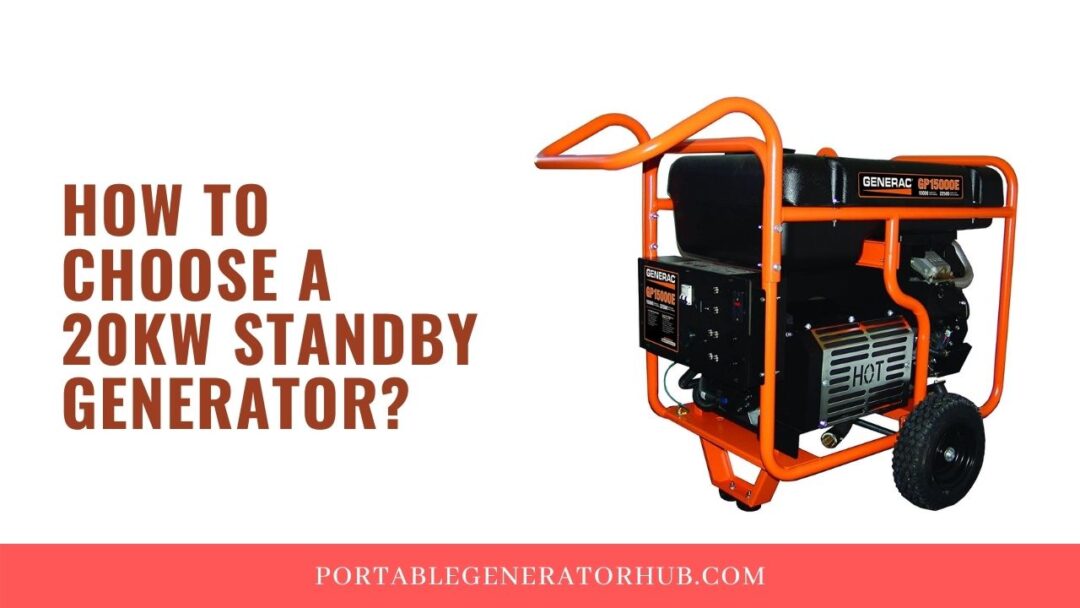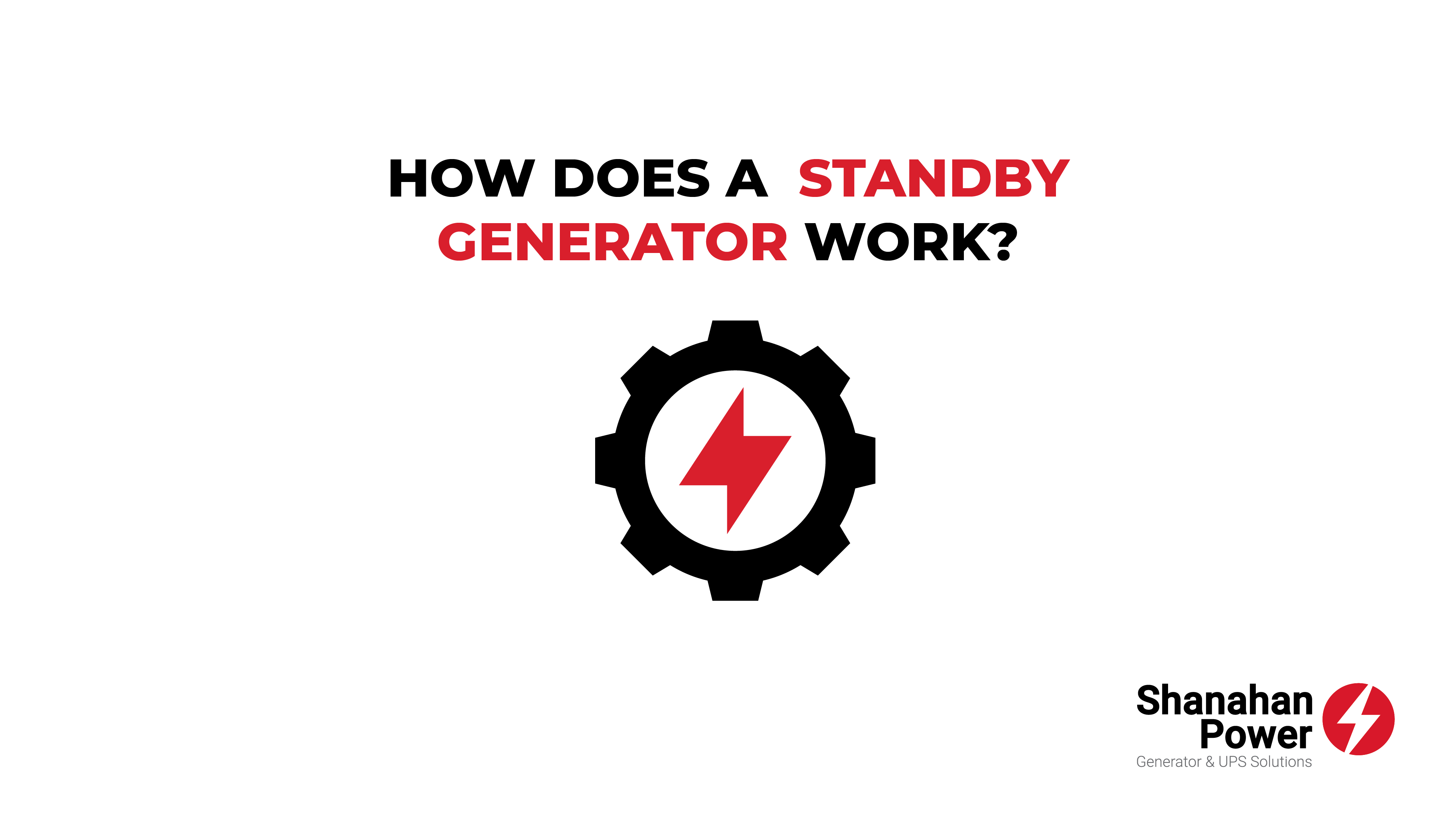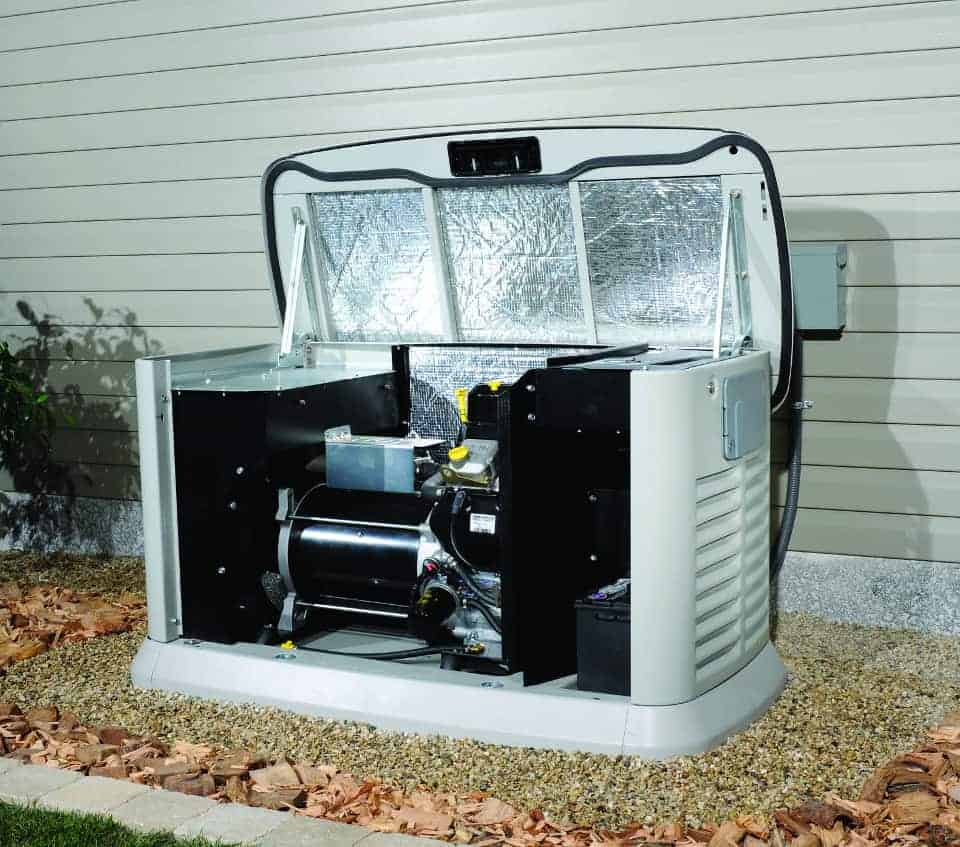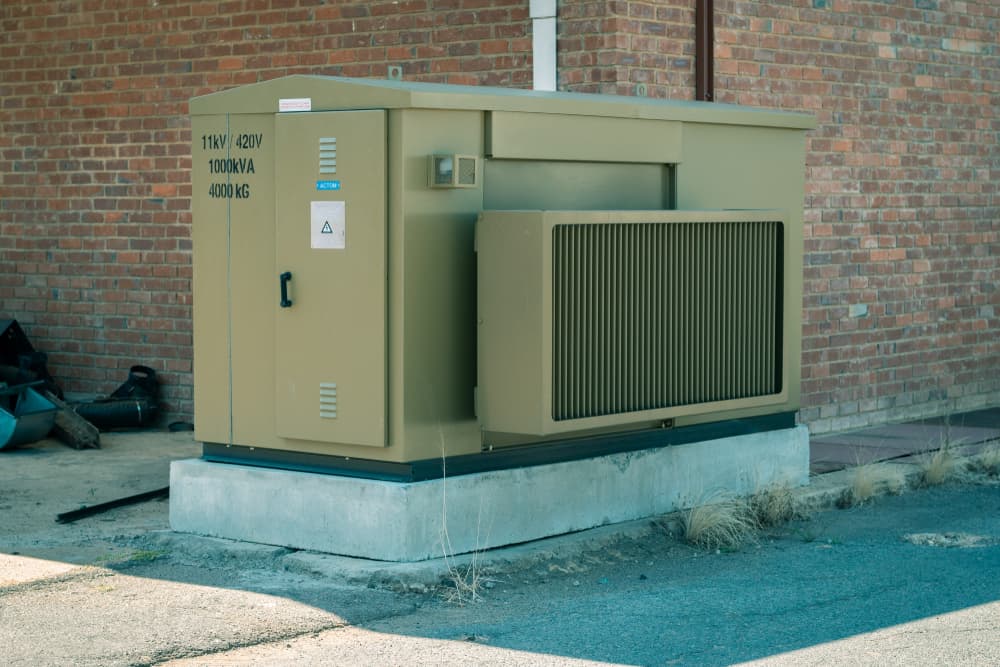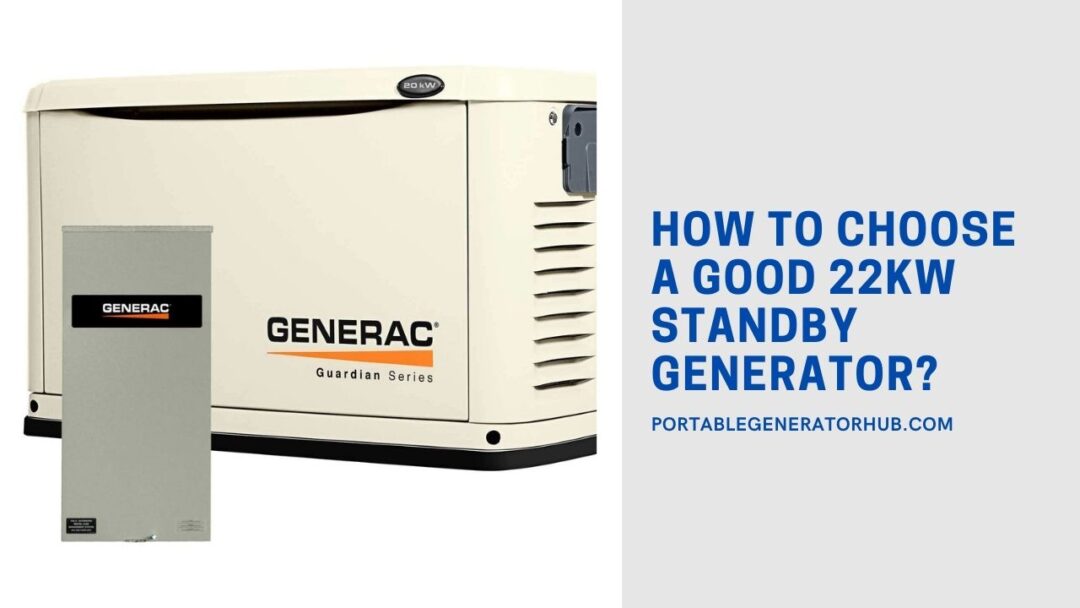Who Else Wants Tips About How To Choose A Standby Generator
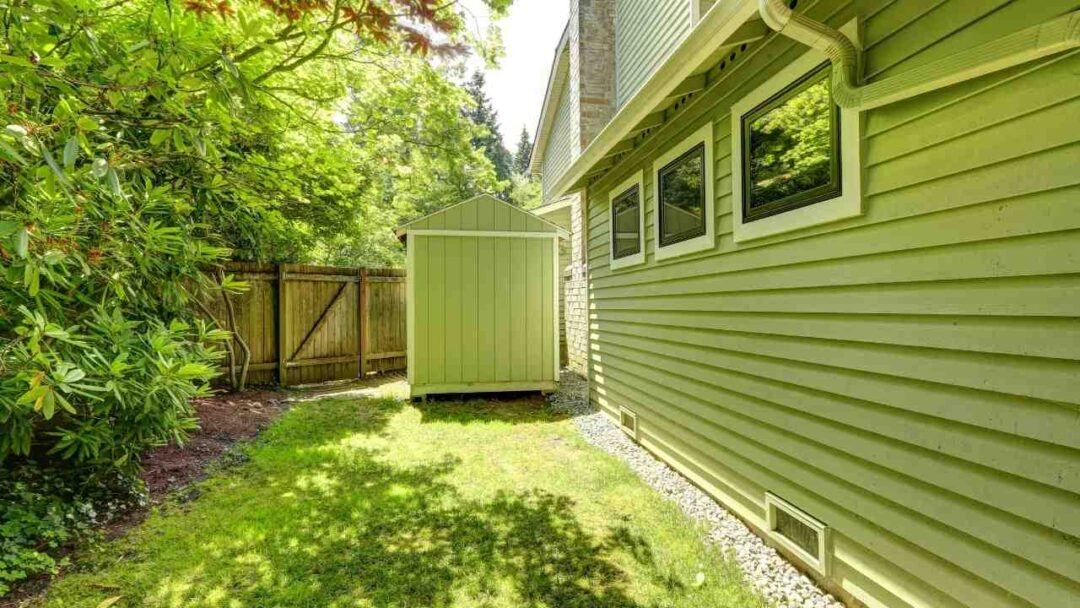
How to choose the right generator 1.
How to choose a standby generator. Cummins offers three main types of standby generators suited for a home or small business: Here are six tips to help you select the best generator for your needs. What is a standby generator?
In this article covers everything you need to know, from the basics to the technical details. A diesel home standby generator will cost the most. Offering up to 20,000 watts, costing between $2,000 and $6,000, and weighing anywhere between 350 and 600 pounds, home standby.
With your total wattage needs estimated, select a standby generator that meets or slightly exceeds that capacity. Once you have an accurate estimation of the amount of power your home requires, choosing the right size generator is easy. If you plan to connect your generator to your home's electrical circuits, you'll need either a transfer switch or an interlock to control the source (utility or generator), as they must.
Determine the type of generator you need. Watch this five minute explanation of how home standby generators work, how they're different from portable generators, and how to choose a standby model. View our generator calculator to.
This quick and easy home standby sizing calculator will provide you with 3 possible. We recommend jackery solar generators as the best standby generators for backup power supply with solar energy. But there are diesel options.
Prepare for the next power outage with the #1 selling brand of home standby generators. Backup up your entire home's electricity with a home standby generator. Common home standby generator sizes.
A continuous genset is like a car on cruise control operating at a steady speed within its capacity on a. It comes with built in. Schutte uses a vehicle analogy to illustrate the differences:
To calculate the size of a standby generator for your home, add up the total watts your home is likely to use during an outage and divide the total watts by 1000 to. Standby generators have an automatic transfer switch, which activates when the unit detects a loss of public utility power to the home. Popular mechanics picking a generator depends mainly on the size of your home and what you wish to power.
The average house will take at least 5,000 to 7,500 watts to run only. Standby generators are either natural gas or liquid propane.
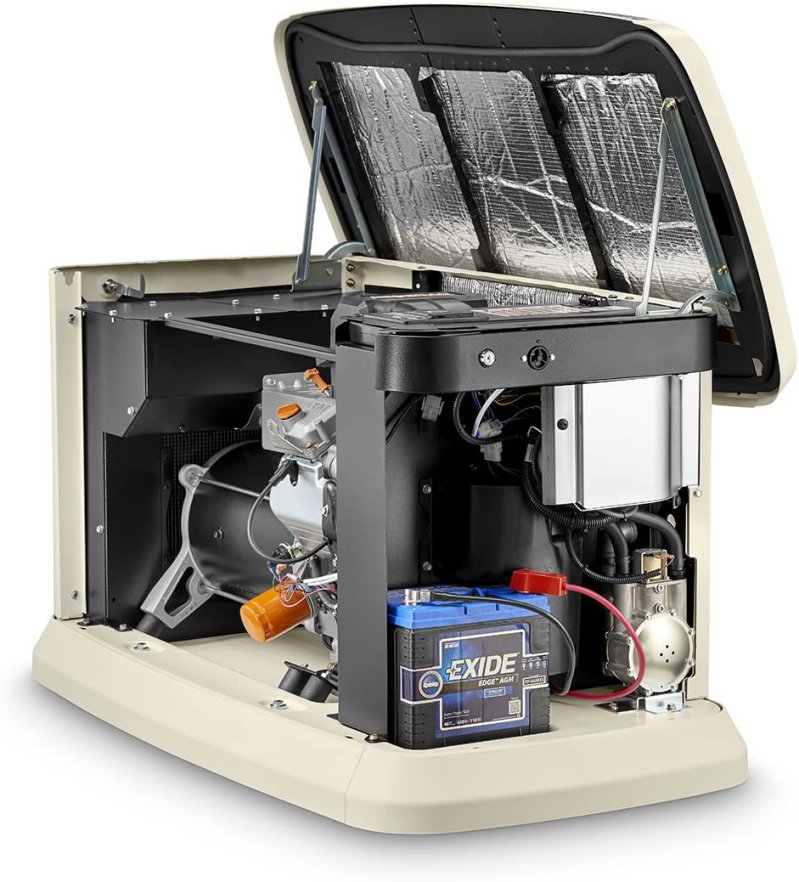
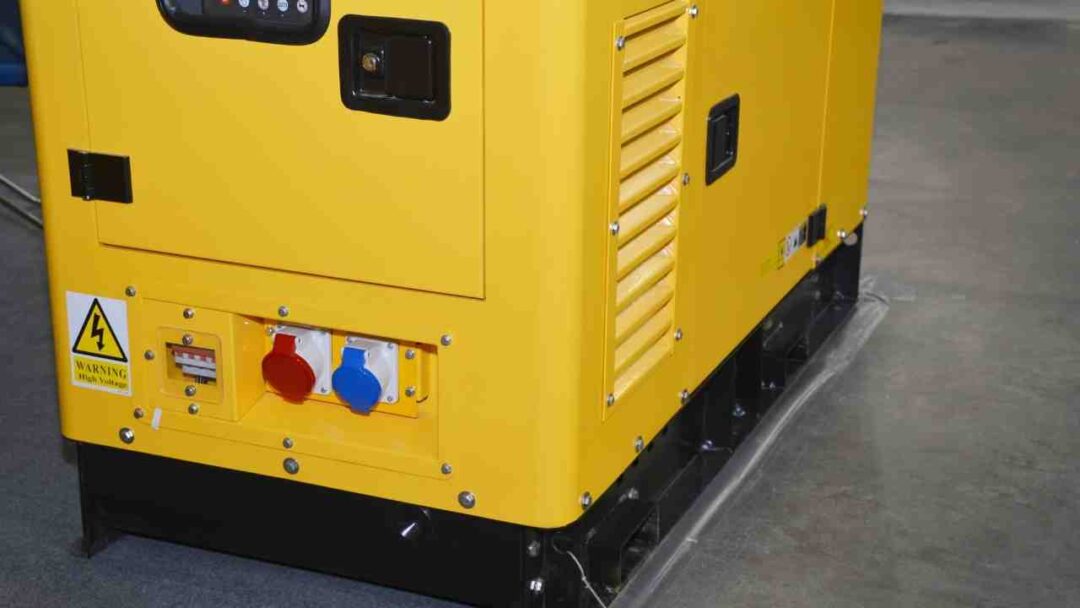

![THE BEST Standby Generator [2020] All Models Reviewed](https://images-na.ssl-images-amazon.com/images/I/61iLoLRpDxL._SL1200_.jpg)
